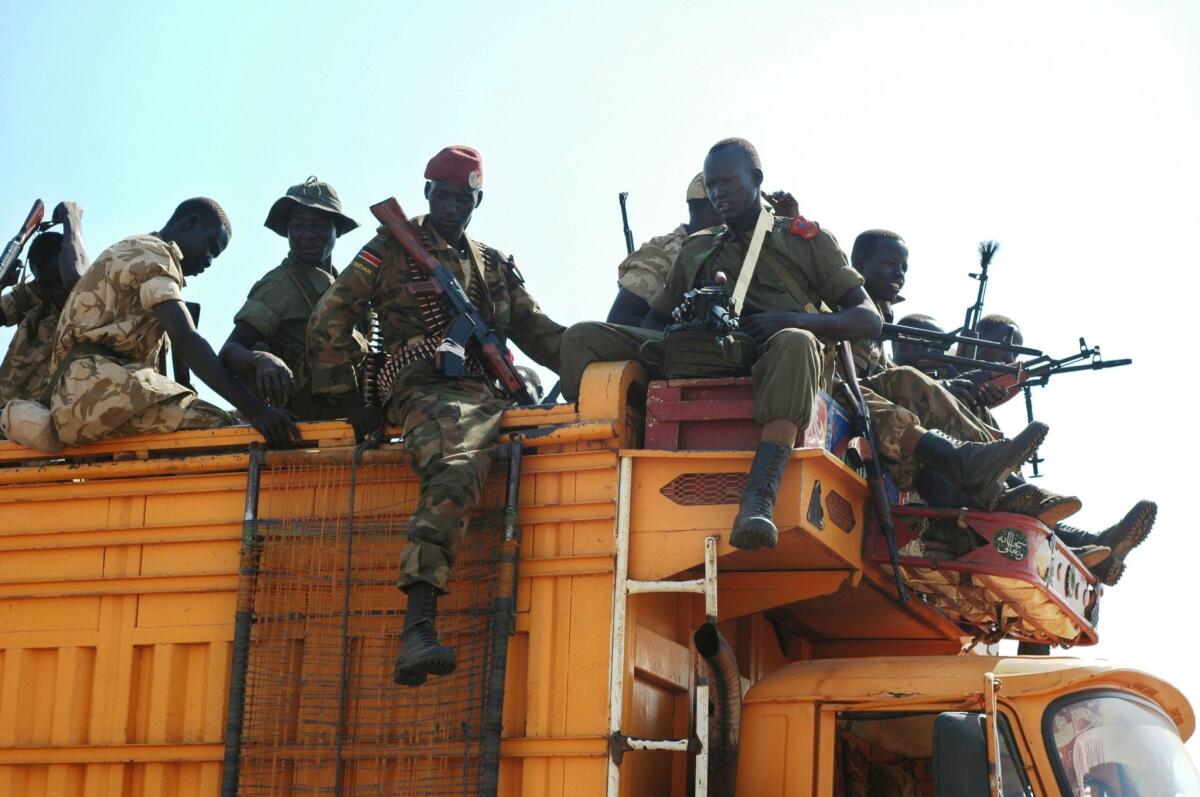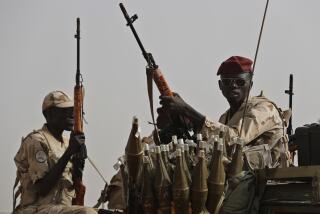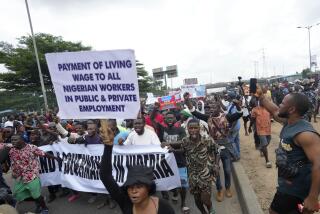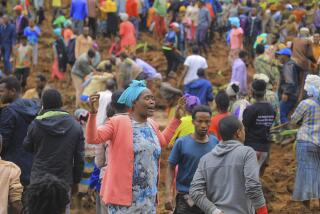Deaths, displacements mount in South Sudan as peace talks drag

Despite peace talks under way in Ethiopia, government forces and rebels in South Sudan continued fighting for control of key oil-producing venues, driving more people to flee their homes to escape the deadly clashes.
More than 250 people drowned when an overloaded boat capsized while fleeing the Upper Nile state capital of Malakal as rebel forces were said to be advancing on the oil town, the Nigeria Guardian reported.
“The boat drowned with about 255 people on board -- only two children have been rescued,” Upper Nile state Information Minister Philip Jiben was quoted by the newspaper as saying.
Jiben downplayed the threat of a rebel takeover of Malakal, although a rebel commander was quoted by Agence France-Presse as saying he expected the forces loyal to former Vice President Riek Machar to take the town soon.
Machar, a seasoned guerrilla fighter fired by South Sudan President Salva Kiir in July for alleged disloyalty, has been leading a bloody, monthlong rebellion by defected government troops to seize the country’s main revenue-producing cities and towns.
The United Nations peacekeeping mission in South Sudan estimated weeks ago that the number killed since the Dec. 15 onset of fighting had exceeded 1,000. The International Crisis Group last week reported at least 10,000 dead, a figure the United Nations conceded Sunday might be the true casualty count, although it said it lacked the access needed to verify the death toll.
“We are not able to provide final figures. We know it will be very substantially in excess of the 1,000 figure,” Hervé Ladsous, the head of U.N. peacekeeping operations, told reporters in New York after briefing the Security Council last week.
Machar’s rebels appear aimed at conquering important economic sites in South Sudan, which became independent from Sudan in 2011. But the fighting has also taken shape along ethnic lines, pitting the Dinka people to which Kiir belongs against the Nuer tribe of Machar and his rebels forces.
Government troops over the weekend recaptured the northern town of Bentiu, capital of Unity state and site of vital oil production facilities that have changed hands three times during the monthlong conflict. But Kiir’s troops have since clashed with rebels moving toward the capital, Juba, AFP reported.
The Associated Press reported from Bentiu that dozens of mangled bodies lined the road from the airport to the town, and that homes, offices, shops and buses had been looted and destroyed.
“What you see here is destruction,” Gen. James Hoth Mai, the military’s chief of staff, told the AP. “But the rebels are on the run and we are pursuing them.”
Although the fighting and movement of refugees continues, South Sudan has asked Sudan to send engineers to help maintain oil output following the departure of foreign workers to escape the fighting, South Sudan Petroleum Minister Stephen Dhieu Dau told the Reuters news agency on Monday.
As part of the negotiated Sudan-South Sudan split three years ago, Sudan benefits from oil transport fees charged for use of its pipelines out of landlocked South Sudan. The current fighting has disrupted output in South Sudan, dropping daily production from 245,000 barrels to 200,000. Daily production by Chinese, Indian and Malaysian oil companies operating in South Sudan was 350,000 barrels a day before a dispute over the transit fees broke out two years ago and prompted Juba to shut down production for a year, Reuters reported.
Dau told the news agency that South Sudan plans to boost output to 700,000 barrels a day over the next five years and may be in the market to build a new pipeline to handle the volume.
In Addis Ababa, the Ethiopian capital hosting the beleaguered peace talks between Kiir’s government and the rebels, little progress was reported Monday by Reuters and the AP as the parties appeared to be trying to gain position on the ground before negotiating in earnest.
Twitter: @cjwilliamslat
More to Read
Sign up for Essential California
The most important California stories and recommendations in your inbox every morning.
You may occasionally receive promotional content from the Los Angeles Times.











